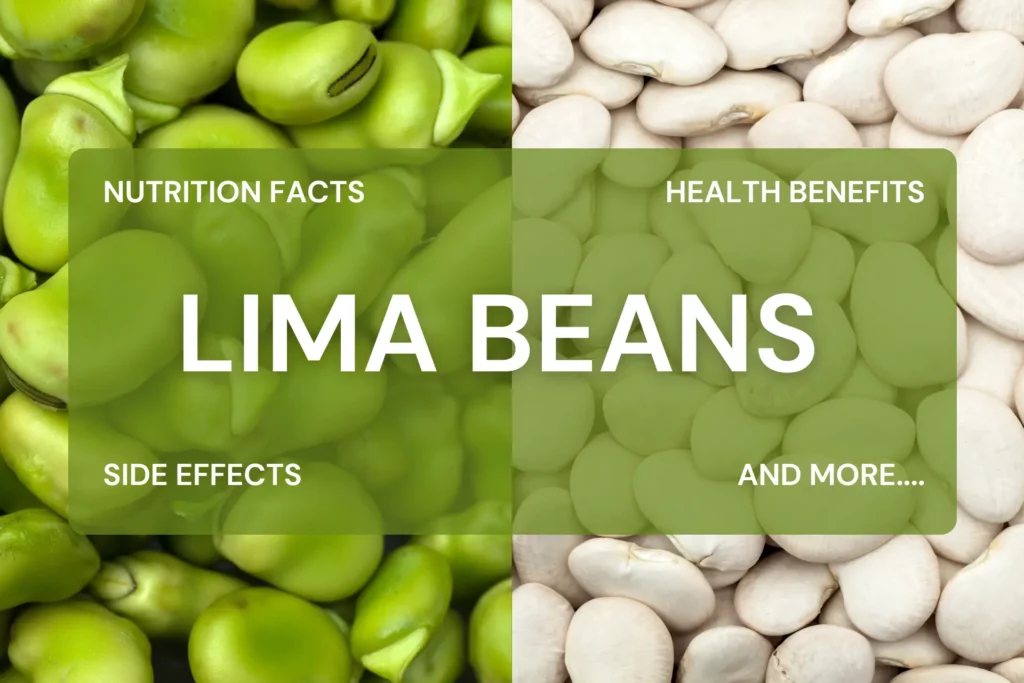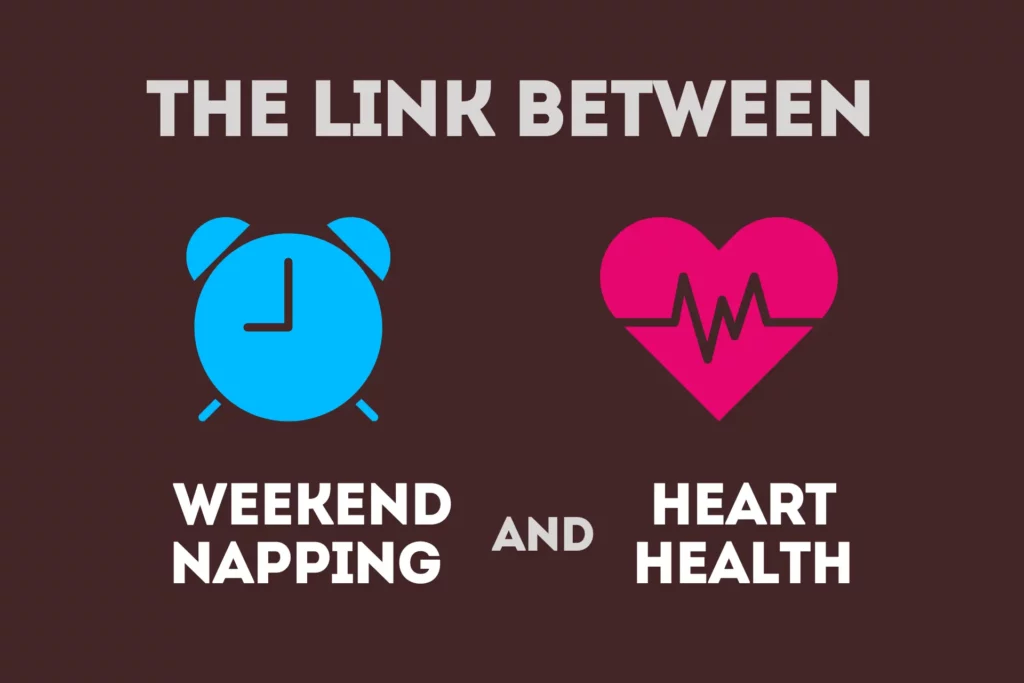If you’ll believe it, one simple fruit could add a refreshing flavor to your tea and potentially transform your health! Bergamot, a citrus fruit, has quietly earned its place in the world of natural remedies. Its traditional roots and enviable nutrition profile make it an excellent candidate for cholesterol management. But what makes this fruit so unique? Can it seamlessly integrate into modern wellness? Let’s uncover the exceptional properties of this fruit and learn whether you should try bergamot for cholesterol management.
What Is Bergamot?
Bergamot, also called Citrus bergamia, is a citrus fruit with a yellow color and a size similar to an orange.
The name "bergamot" is believed to have originated from the Italian city of Bergamo, where the fruit was first commercially traded.
Traditional Italian medicine has utilized bergamot peel and its juice for centuries, valued for their healing properties.
The fruit is also famous for adding its distinctive flavor to Earl Grey tea.
Bergamot is rich in natural compounds such as flavonoids and phytochemicals and is believed to offer a range of health benefits.
It’s commonly available as supplements, essential oils, juices, and extracts.
Additionally, its calming aroma is often enjoyed through inhalable sticks designed for therapeutic purposes.
This fruit is valued for its uses in health, aromatherapy, and even tea-making.
Sources Of Bergamot
Bergamot's precise source remains debatable, but its cultivation is concentrated in several key regions.
- Calabria, Italy: Located in southern Italy, especially the coastal area of Reggio di Calabria, this region is the leading global source known for producing the highest quality bergamot.
- South Asia: Bergamot and related citrus fruits likely originated in South Asia, specifically in India and Myanmar.
- Other cultivation regions: Bergamot is also grown in smaller quantities in other countries, including Turkey, Greece, Morocco, Iran, Ivory Coast, Argentina, and Brazil.
Polyphenols In Bergamot
Bergamot is rich in polyphenols, a diverse group of natural compounds vital in regulating fat and sugar metabolism.
These include various flavonoids, such as
- Naringenin
- Hesperetin
- Eriodictyol Glycoside
and flavones, such as
- Apigenin
- Luteolin
- Chrysoeriol
- Diosmetin
- Furocoumarins.
They lower total cholesterol, triglycerides, and LDL ("bad") cholesterol while improving insulin sensitivity and regulating communication between fat tissue and the body.
When combined with pectins and vitamin C in supplements, bergamot polyphenols enhance the production of adiponectin, a hormone that regulates metabolism.
They also help balance the appetite hormones leptin and ghrelin.
This process aligns with the lipostat theory, which proposes a system for maintaining body fat levels.
Bergamot polyphenols have a dose-dependent effect, meaning their impact increases with the amount consumed.
They also work with statins (cholesterol-lowering medications), helping improve the lipid profile and support cardiovascular health.
Benefits Of Bergamot
Bergamot holds significant potential for improving overall health, impacting the body and mind. Here are a few of its key benefits:
- Cholesterol management: A 2019 study suggests that bergamot can help lower total and LDL cholesterol while raising HDL ("good") cholesterol.
- Cognitive function in schizophrenia: Studies suggest that bergamot may enhance mental function, particularly in individuals with schizophrenia.
- Joint health: Researchers have found that bergamot may reduce joint discomfort and promote mobility in individuals taking aromatase inhibitors during cancer treatment.
- Blood glucose management: Bergamot may help improve blood glucose control in individuals with hyperlipidemia and type 2 diabetes.
- Anxiety reduction: A 2020 study found that inhaling bergamot orange essence reduced anxiety levels in participants before undergoing gallbladder surgery.
Can Bergamot Lower Cholesterol Levels?
Bergamot may help lower cholesterol levels based on several studies.
In a 2018 study, researchers looked at how bergamot extracts affected people with high cholesterol and other related health issues. They divided the participants into three groups: one received a placebo (no active ingredient), one received a standard bergamot extract (BPF), and the last group received a special form of the extract (BPF Phyto).
Here’s what they found:
- BPF Group: This group saw significant drops in their total cholesterol (from 262 to 196 mg/dl), LDL cholesterol (often called "bad" cholesterol, from 175 to 116 mg/dl), and triglycerides (fats in the blood, from 252 to 170 mg/dl). Their HDL cholesterol (the "good" cholesterol) increased slightly (from 44 to 48 mg/dl), and their blood sugar levels went down (from 120 to 98 mg/dl).
- BPF Phyto Group: Similar improvements were noted here too. Their total cholesterol decreased from 261 to 198 mg/dl, LDL from 174 to 113 mg/dl, and triglycerides from 252 to 173 mg/dl. HDL cholesterol increased from 44 to 50 mg/dl, and blood sugar levels dropped from 124 to 96 mg/dl.
The placebo group did not show any changes.
Both forms of bergamot were effective in lowering cholesterol and blood sugar levels within just 30 days, and there was no significant difference between the two types of extracts in how well they worked.
In summary, bergamot appears to be beneficial for managing cholesterol levels and improving overall health.
How Much Cholesterol Can Bergamot Lower?
A review of 12 studies found that bergamot supplementation contributed to significant reductions in cholesterol levels:
- Total cholesterol: 12.3% to 31.3% reduction
- LDL cholesterol: 7.6% to 40.8% reduction
- Triglycerides: 11.5% to 39.5% reduction
These outcomes from the studies highlight bergamot’s potential to reduce cholesterol and triglycerides across various lipid categories.
How Long Does It Take For Bergamot To Lower Cholesterol?
Bergamot supplementation has been shown to lower cholesterol levels, with clinical trials observing reductions throughout 1 to 6 months of consistent use.
While some individuals may experience changes within several weeks, the exact timeframe can vary.
This variation depends on factors such as overall health, initial cholesterol levels, and adherence to the recommended dosage.
What’s The Best Form Of Bergamot To Lower Cholesterol?
There's no single "best" form of bergamot for cholesterol reduction.
Various forms have been studied, including bergamot fruit extracts (widely used in research), standardized supplements with specific bergamot polyphenols, and juice.
While each has shown potential in clinical trials, further comparative studies could help verify these promising claims.
How Much Bergamot Should You Take To Lower Cholesterol?
The dosage of bergamot for managing cholesterol can vary based on the form (extract, oil, or supplement), concentration, and individual health.
Studies suggest that daily doses of bergamot extract generally fall between 150 mg and 1500 mg.
Side Effects Of Bergamot
Bergamot is typically safe, but one should be cautious of its possible side effects, especially when consumed in large amounts or misused.
Here are some potential side effects:
- Skin irritation: Applying bergamot essential oil directly to the skin may cause irritation or sensitivity. Always dilute the oil before use.
- Photosensitivity: Due to its furocoumarin content, bergamot can increase sensitivity to sunlight, leading to skin burns or reactions when exposed to UV light.
- Potassium channel blockage: Drinking too much bergamot (like in large amounts of Earl Grey tea) can block potassium channels, leading to muscle weakness, heart issues, or low blood pressure.
- Stomach issues: Overusing bergamot can cause nausea, upset stomach, or indigestion due to its potent compounds.
Who Should Not Consume Bergamot?
It’s best to avoid bergamot for cholesterol management if you fall into these categories:
- Pregnant or breastfeeding women: There's limited information on the safety of bergamot during pregnancy or breastfeeding, so it's advisable to check with a healthcare professional first.
- Children: Bergamot is not recommended for children, as safe dosage guidelines and long-term safety haven't been established.
- Sun-sensitive people: Bergamot can make the skin more vulnerable to the sun, leading to a higher risk of sunburn or photosensitive reactions.
- Individuals on specific medications: People taking medications like statins should be cautious with bergamot due to potential interactions that may escalate the medicines' effects.
Is Bergamot Hard On The Liver?
No, bergamot is not hard on the liver when used correctly. A randomized controlled trial showed that people taking a supplement with bergamot had a 48.2% reduction in liver fat compared to 26.9% in the placebo group.
These results suggest that bergamot can improve liver health when used in the right amounts.
Does Bergamot Affect Kidneys?
Bergamot has shown potential kidney-protective effects in studies.
Bergamot juice helped reduce malondialdehyde (MDA) levels in rats on a high-fat diet, indicating a decrease in oxidative stress.
Kidney tissue examination also suggested that bergamot juice prevented kidney damage caused by high cholesterol.
However, more research is needed to understand its effects on human kidneys fully.
How To Incorporate Bergamot Into Your Diet?
Bergamot can be a versatile addition to your diet, bringing flavor and potential health benefits.
Below are practical ways to include it in your meals:
- Adding bergamot peel can bring a fresh taste to salads, desserts, or marinades.
- Mixing it into tea or drinks can give them a unique flavor.
- In small amounts, food-grade bergamot oil can add a mildly citrusy flavor to a meal.
- Supplements, like capsules or liquids, can be taken daily for convenience.
Consult a medical professional before starting, stopping, or continuing a supplement regimen.
How Long Is It Safe To Take Bergamot?
Adults may take bergamot extract in doses of up to 1000 mg daily for 4 to 12 weeks.
Consult a healthcare professional regarding the ideal dosage for your specific condition.
Should I Take Bergamot In The Morning Or At Night?
Depending on your preference and body response, you can take bergamot in the morning or night.
Some find it helps promote calmness during the day, while others prefer it at night for its relaxing properties.
Observe how it affects you and choose the time that best suits your needs.
Does Earl Grey Tea Have Enough Bergamot To Lower Cholesterol?
Earl Grey tea contains bergamot, but whether the concentration can influence cholesterol levels is unclear.
Bergamot and black tea might aid digestion and help lower blood pressure and cholesterol, which benefits heart health.
However, further studies are required to confirm the impact of bergamot in Earl Grey.
Other Effective Ways To Lower Cholesterol Naturally
Managing cholesterol naturally often involves a combination of strategies. Here are some key lifestyle and dietary changes to consider:
- Limit saturated fats: Foods like red meat, poultry with skin, butter, and palm oil can raise LDL cholesterol. The AHA suggests keeping saturated fat to 5-6% of daily calories for better heart health.
- Reduce trans fats: Trans fats in processed foods raise LDL and lower HDL cholesterol. Though the FDA banned them in 2021, small amounts remain in red meat and dairy. Consuming these less often can help balance cholesterol levels.
- Increase healthy fats: Monounsaturated fats, found in avocados, nuts, seeds, and olive oil, can lower LDL cholesterol. Adding these foods to your meals can boost healthier cholesterol levels.
- Eat more soluble fiber: Soluble fiber, found in fruits, vegetables, oatmeal, and legumes, lowers LDL by blocking its absorption. The FDA recommends around 28 grams of fiber daily for optimal health.
- Choose polyunsaturated fats: Omega-3 and omega-6 fatty acids in walnuts, sunflower seeds, and plant oils help reduce LDL cholesterol.
- Exercise regularly: Aim for at least 150 minutes of moderate exercise weekly. Activities like brisk walking, cycling, or swimming help raise HDL and lower LDL cholesterol.
- Stay hydrated: Drinking enough water supports liver function, which is key in controlling cholesterol. Staying hydrated may also help increase HDL cholesterol levels.
- Quit smoking: Smoking raises LDL and lowers HDL cholesterol. Quitting smoking improves cholesterol levels and reduces the risk of heart disease.
FAQs About Bergamot And Cholesterol Management
Can I Take Bergamot Instead Of Statins?
Bergamot has shown some cholesterol-lowering effects, but it works differently from statins.
While statins reduce cholesterol by inhibiting the HMGCR enzyme, bergamot does not directly affect this enzyme.
Instead, it may lower cholesterol by affecting cholesterol synthesis and absorption.
Although bergamot shows potential, it should not replace statins, especially for individuals who need strong cholesterol management.
Always consult a healthcare provider before considering bergamot as an alternative to statins.
What Is The Best Natural Cholesterol-Lowering Supplement?
It's difficult to definitively say which is the best because "best" depends on individual needs and circumstances.
Many natural supplements are available that may help lower cholesterol, but their effectiveness and potential side effects vary.
- Berberine: Reduces LDL cholesterol and triglycerides but may cause diarrhea, constipation, or bloating.
- Beta-glucans: Found in barley and oats, they lower LDL cholesterol with minimal side effects.
- Flaxseed: Lowers LDL cholesterol and triglycerides but can cause constipation or diarrhea if taken without water.
- Omega-3 fatty acids: Help lower triglycerides but may cause an unpleasant taste or upset stomach.
- Psyllium: Lowers LDL cholesterol by around 7% but can cause mild bloating or gas.
Discuss any new supplement with your physician before use, especially if you have underlying health problems or are taking other medications.
What Is Better For Cholesterol, Berberine Or Bergamot?
Both berberine and bergamot are great for cholesterol management, but bergamot is especially effective at lowering LDL and improving HDL for better overall cholesterol levels.
It is an excellent choice if your main focus is improving your cholesterol profile.
Berberine also helps with cholesterol and is especially good for your gut and digestion. It aids in keeping gut bacteria balanced and promotes better digestion.
Berberine is also known for its ability to control blood sugar, making it ideal for supporting both blood sugar and digestive health.
Summary: Bergamot For Cholesterol Management
- Bergamot is a promising natural solution for cholesterol management.
- Rich in polyphenols, it can potentially lower total cholesterol, LDL cholesterol, and triglycerides while boosting HDL cholesterol.
- Clinical studies indicate significant benefits, with some individuals experiencing changes within a few weeks.
- Though not a replacement for prescribed statins, bergamot can be a practical addition to cholesterol-lowering treatments and support heart health.
- Always consult a healthcare provider before adding bergamot to your regimen, especially if you are on other medications.
- Incorporating bergamot into your diet and healthy lifestyle choices can help improve cholesterol management and reduce the risk of related health issues.
Others Are Also Reading

Fluctuating Cholesterol Levels And Alzheimer's Risk - The ApoE Connection

Lima Beans: Nutrition Facts, Health Benefits, Side Effects, & More

Can Weekend Naps Improve Your Heart Health?
References
https://www.medicalnewstoday.com/articles/bergamot-supplement-benefits
https://www.health.com/health-benefits-of-earl-grey-8598609
https://www.mdpi.com/2673-8392/1/1/16
https://pmc.ncbi.nlm.nih.gov/articles/PMC8569986
https://pubmed.ncbi.nlm.nih.gov/10940328
https://www.nhs.uk/conditions/statins
https://pmc.ncbi.nlm.nih.gov/articles/PMC6392855
https://pubmed.ncbi.nlm.nih.gov/28591067
https://www.mayoclinic.org/diseases-conditions/schizophrenia/symptoms-causes/syc-20354443
https://pubmed.ncbi.nlm.nih.gov/32379683
https://pmc.ncbi.nlm.nih.gov/articles/PMC6497409
https://www.tandfonline.com/doi/full/10.1080/10408398.2019.1677554
https://www.healthline.com/health/cholesterol/can-bergamot-lower-cholesterol
https://www.sciencedirect.com/topics/medicine-and-dentistry/furocoumarin
https://www.medicalnewstoday.com/articles/325113
https://www.medicalnewstoday.com/articles/brisk-walking
https://pmc.ncbi.nlm.nih.gov/articles/PMC8469228
https://pmc.ncbi.nlm.nih.gov/articles/PMC7431622
https://www.health.com/condition/cholesterol/cholesterol-lowering-supplements-what-works-what-doesnt
https://pubmed.ncbi.nlm.nih.gov/19655295
https://www.sciencedirect.com/topics/medicine-and-dentistry/malonaldehyde
https://www.webmd.com/vitamins/ai/ingredientmono-142/bergamot




